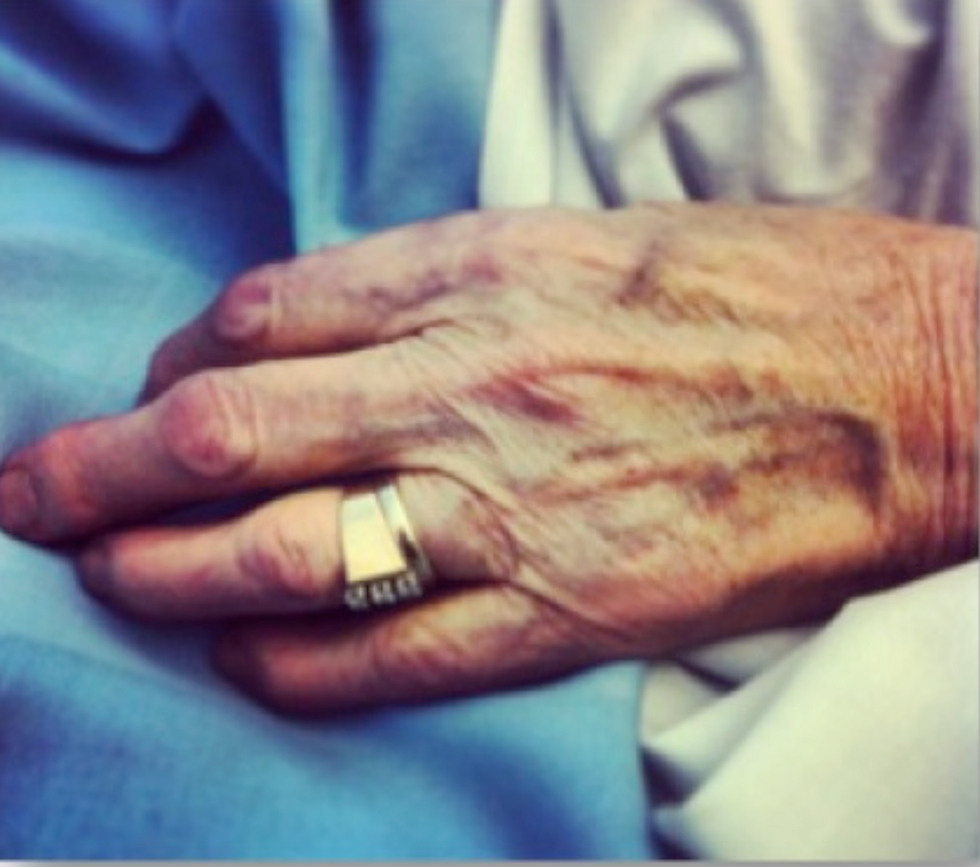Stay Curious, Researchers
- Sue Robins

- Oct 14, 2020
- 4 min read
Updated: Oct 14, 2020
I have researchers on my mind.
Yesterday I participated on Town Hall panel called “Everybody Has a Story” for the Alberta SPORU Virtual Institute. Today I spent 80 minutes talking on the phone with an education researcher who interviewed me about my son’s school experience during COVID.
We Need Outlets for Our Stories
In preparing for the Town Hall, I realized that often I have nowhere formal to tell my stories as the mom of a young man with Down syndrome and a recent breast cancer patient. In health care, hospitals don’t want to hear any feedback that isn’t a ‘good news, you are my hero’ PR story. School district communication people, trustees and Ministers of Education only want to hear Pollyanna stories too. The good news story does not present an authentic picture of the full human experience.
Often nobody wants to hear our stories at all, even the good ones. There is often nobody interested in our stories and nowhere to tell our stories. One reason I have had my own blog for years -- and ultimately, the reason I wrote my book -- was to create my own spaces to tell my own damn story.
Pandemic Stories
Then there’s the tale about what’s happened since the pandemic hit in March. I haven’t even fully crafted this story because we are still in the midst of it. It is difficult to create stories in a crisis. Nobody seems interested in recounting what it is like to educate a kid with a disability during a pandemic. Everybody is so caught up in their own narratives now, and as usual the stories of disabled people are met with a shrug.
Not one person, outside of loved ones, has asked what life has been like for our family the past seven months. The only outreach from the school to see how we were doing has been one phone call back in March from a teacher who asked if we had Internet access. That’s it.
More importantly, nobody has asked Aaron how he’s been doing in the pandemic. The video I’ve posted above was shot for an acting audition that Aaron did in April for a PSA. Spoiler alert - he didn’t get the part - but the video offers good insight into what was going on in Aaron’s head at the time. This audition allowed him the chance to tell his story for the first time.
Enter the Researchers
I know that researchers have probably been curious about the effects COVID has had on people and it has taken a number of months to get funding in place to conduct COVID-specific research. This is researchers' time to shine.
The conversation I had this morning with the researcher who was curious about Aaron's experience in school since March was really important to me. It gave me a chance to tell a version of the story – a first draft really - of what has happened to our family since the pandemic began. My telling of the story was messy. (I feel for the poor grad student who has to transcribe my interview.) The researcher was warm but objective, and simply listened to me with curiosity and without interruption. In answering the questions, I recognized some of our family's own themes for the first time. The pandemic has dumped on us a gamut of emotions: trauma, fear, depression, anger, anxiety, and outrage.
We were traumatized by our experience flying back home from the UK in mid-March. I was fearful we would run out of food and that my husband would lose his job. Then I became depressed that I lost my own job as an author. We were all anxious, especially about our adult children – one a pediatric nurse, the other a musician living in the US. Aaron was very angry all spring. I’m presently outraged at our provincial government’s current handling of the pandemic.
That is a lot of emotions to process. In this morning’s interview I was able to tell a chronological story and start to reflect on what the last seven months have meant to me. The conversation with the researcher helped me feel as if I was starting to make sense of seemingly random, chaotic events.
Here I pause to reflect on all the countless hours over the past 17 years that I have spent filling out surveys, talking with researchers, being the subject of research and volunteering my time to share our family experience of having a child with Down syndrome.
We Learn, They Learn
Why bother donating time to research? It is both selfish and altruistic. With every telling of our stories, there is learning – for both the storytellers and the listeners. If the research sees the light of day, it might just make a difference to future generations of families. That's meaningful stuff.
Stay curious researcher friends! Don't give up! I know that you will move the needle of progress in health care and education. You can improve the real-life world with your work. Some hints, from me, a subject of your research:
Share stories as well as data. If you touch hearts, you will change minds.
Engage the subjects of your research early, to make sure you are asking the right questions.
Ensure those you research don’t feel used by letting them know what ends up happening with your work.
Please, please, keep asking the questions to people who feel invisible in the system, erased by governments and ignored by media. The chance to feel seen and tell our story, even for an hour, is simply priceless.

Are you interested in keeping in touch and receiving occasional emails direct from Sue? Subscribe to her email list today!




Comments